(HBĐT) - Hoa Binh province has 9 districts, 1 city, 151 communes, wards and towns; population of nearly 900,000 people with 6 main ethnic groups, including: Muong, Kinh, Thai, Tay, Dao, Mong. As of December 31, 2022, the Provincial Party Committee has 13 affiliated Party Committees with 510 grassroots Party organizations (TCCSĐ), of which, 279 grassroots Party Committees, 231 grassroots Party cells; 8 departmental Party Committees; Party cells directly under departmental Party Committees, 3,184 grassroots Party Committees; has 69,190 Party members (DV), of which, 67,155 are official Party members, 2,035 are reserve Party members.
In the 2022-2023 school year, Hoang Van Thu High School for the Gifted admitted 10 party members who are students studying at the school.
Improving the quality of Party development work is one of the important tasks to improve the quality of Party organization activities and supplement the Party with a contingent of Party members with appropriate quality and quantity, meeting requirements and tasks, contributing to the continuity and continuous development of the Party, while consolidating and improving the leadership capacity and fighting strength of the Party.
During the 2016 - 2020 term, the Provincial Party Committee Standing Committee issued many resolutions, plans, projects, and action programs; directed district Party Committees, city Party Committees, and subordinate Party Committees to pay attention to improving the quality of Party development work, organizing many thematic conferences to discuss Party membership recruitment, strengthening Party membership training; directed Party Committees at all levels to do a good job of developing plans, assigning targets, and training, creating sources for Party membership recruitment; properly implementing the motto, principles, processes, procedures, and authority for Party membership recruitment; closely combining Party membership recruitment with management, screening, and resolutely removing unqualified Party members from the Party; linking the responsibilities of Party Committees, Party organizations (TCĐ), and Party Committee members assigned to be in charge of the area with the results of implementing Party membership recruitment targets in the annual review and classification of collectives and individuals of leaders and managers at all levels.
Realizing the importance of Party development work, the Provincial Party Committee has directed its subordinate Party Committees to focus on improving the quality of new Party members, identifying this as a consistent requirement in the Party admission process, not chasing quantity but lowering standards. In the period 2016 - 2022, the Party Committees of districts and cities admitted 10,980/12,409 Party members, reaching 88.48% of the planned target. In particular, the result of admitting Party members of district and city Party Committees in 2021 was 1,394/1,260 Party members, reaching 110.63% of the plan; in 2022, 1,457/1,390 Party members were admitted, reaching 104.82% of the plan.
The quality of new members has been significantly improved. The rate of over 90% of newly admitted members having high school education has always been maintained. The number of newly admitted members with professional qualifications is increasingly high: In 2022, there were 9 newly admitted members with technical worker and professional staff qualifications (accounting for 0.55%); 136 newly admitted members had intermediate qualifications (accounting for 8.31%), 173 members had college qualifications (accounting for 10.57%), 772 members had university qualifications (accounting for 47.19%), and 36 members had master's degrees (accounting for 2.2%).
Regarding the structure of Party development, in addition to continuing to pay attention to developing Party members from the source of cadres and civil servants in state agencies, authorities at all levels, officials in public service units, cadres and civil servants in Party agencies, the Fatherland Front, socio-political organizations, Party committees of districts and cities have focused on developing Party members in other components, such as: non-professional workers in communes, wards, towns, villages, residential groups; workers in non-public service units...; Party management work is always considered important.
However, the current development of Party members in some district and city Party Committees still shows limitations and inadequacies: Although the quality of Party members has increased, it is still limited compared to the requirements. A number of Party members have a low sense of responsibility, and there are some Party members who violate Party principles and discipline and violate the law. The political qualities, ethics, lifestyle, style, educational level, capacity, life experience, and practical experience of a number of newly admitted Party members do not meet the requirements for improving the quality of the Party member team. The rate of Party members who are disciplined and have their names removed from the Party member list is still high. Party members who violate Party principles and have to be disciplined, expelled, or removed from the Party has an increasing trend (in 2022, the number of Party members who were expelled, had their names removed, or asked to leave the Party was 166, accounting for 7.09% of the number of newly admitted Party members and an increase of 1.07% compared to 2021).
In addition, the Party structure is not reasonable, the recruitment of Party members among religious people and workers in non-state enterprises is not much (the rate of religious Party members and workers in the Provincial Party Committee is still low. By the end of 2017, religious Party members accounted for 2.53%, and workers accounted for 5.46% of the total number of Party members).
There are many causes for the limitations and shortcomings in the work of developing Party members, including some basic causes: Some Party committees have not led the economic restructuring well, there are no mechanisms and policies to attract effective businesses to invest in the area, creating jobs for young people; the level of education is uneven, economic conditions are low, and the rate of poor households is high, which has significantly affected the work of developing Party members. In addition, there are Party committees and trade unions that have not been resolute in leading and directing the work of developing the Party; they have not paid due attention to the work of political and ideological education for cadres and Party members, especially young Party members and newly recruited Party members. The inspection and supervision work of Party committees has not been timely, detecting violations has been slow; prevention and handling have not been thorough, and have not been deterrent enough; overcoming limitations and weaknesses after inspection and examination has been slow. Inspection and supervision of the Party Committee have not been linked with inspection and supervision of Party units to clarify the responsibilities of leaders and deputy leaders in leading, directing and organizing the implementation of tasks. There has not been regular and synchronous coordination in leadership and direction between Party committees and authorities. The role of some political and social organizations is not strong enough, there is a lack of solutions to gather and attract subjects, and they have not been proactive in creating sources, training and introducing outstanding masses for consideration of the Party Committee.
The assessment of the current status and quality of Party development work in district and city Party Committees in the province in recent years is very important. Party development is a matter of principle in Party organization and building, thoroughly overcoming the situation of chasing quantity and neglecting quality; strengthening Party management and education; promote the pioneering, exemplary, "respecting the people, being close to the people, trusting the people, understanding the people, learning from the people" spirit of cadres and Party members to increase the vitality of the Party. Therefore, improving the quality of Party development work is an objective and regular requirement in leadership activities and Party building organization work; taking the completion of the target of recruiting new Party members as a criterion for reviewing and evaluating the year-end classification of Party committees and Party cells to contribute to improving the leadership capacity and fighting strength of the Party organization and Party members, so that each Party member can truly become a core force, a pioneer in patriotic emulation movements at the grassroots level, thereby actively contributing to consolidating a clean and strong Party organization.
Nguyen Trong Khiem
Principal of Provincial Political School
Source





























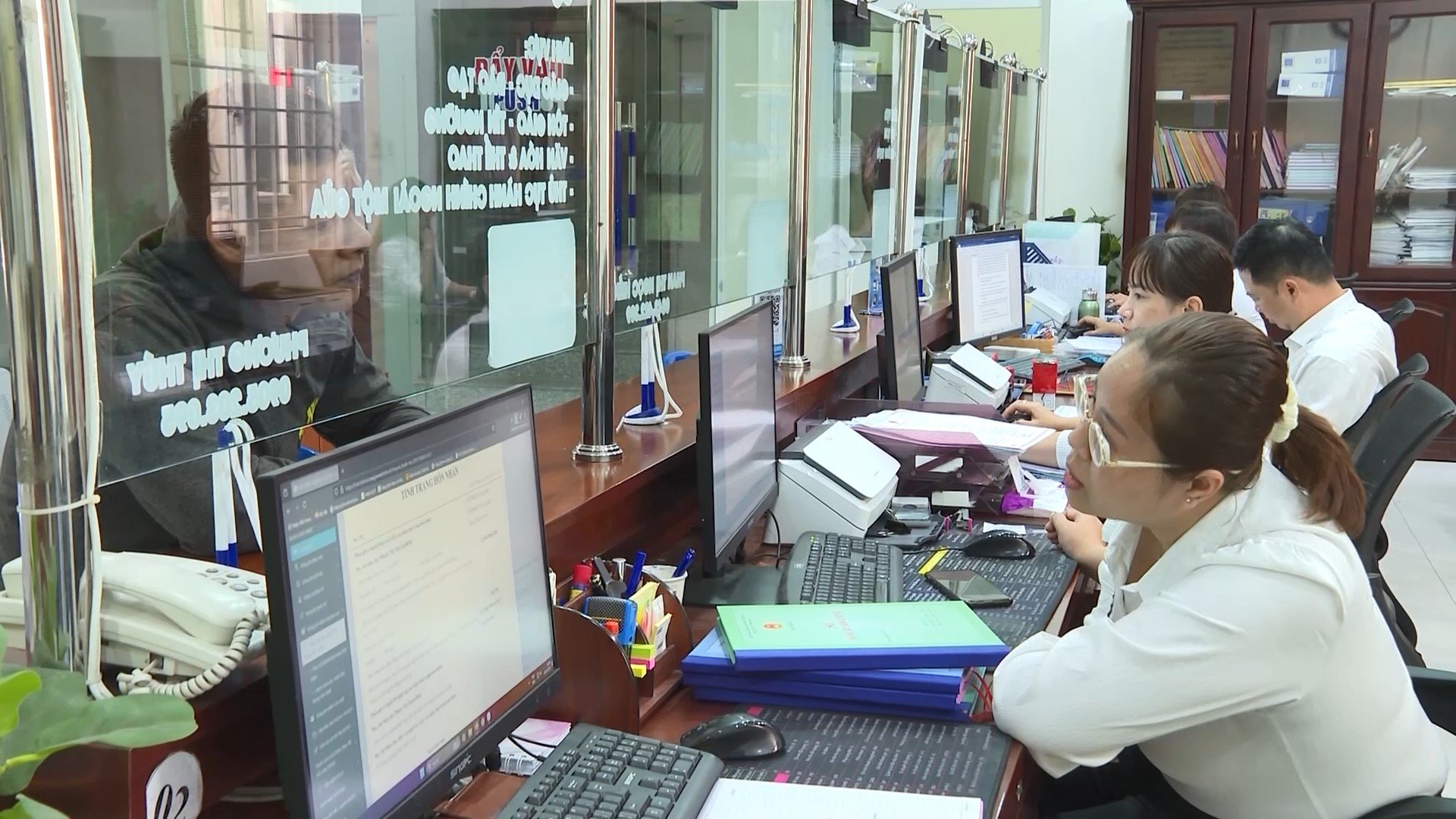
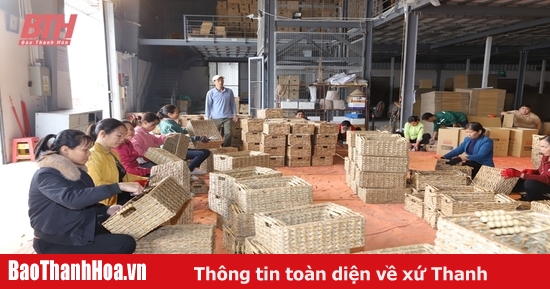

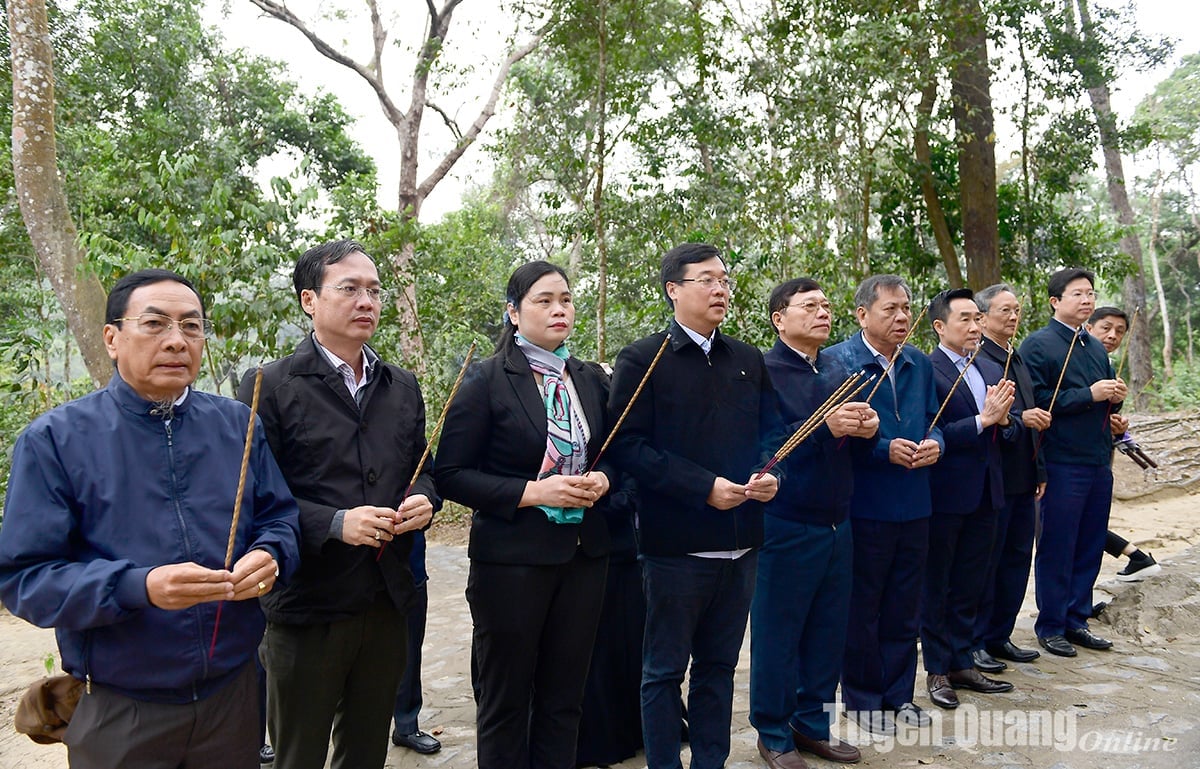

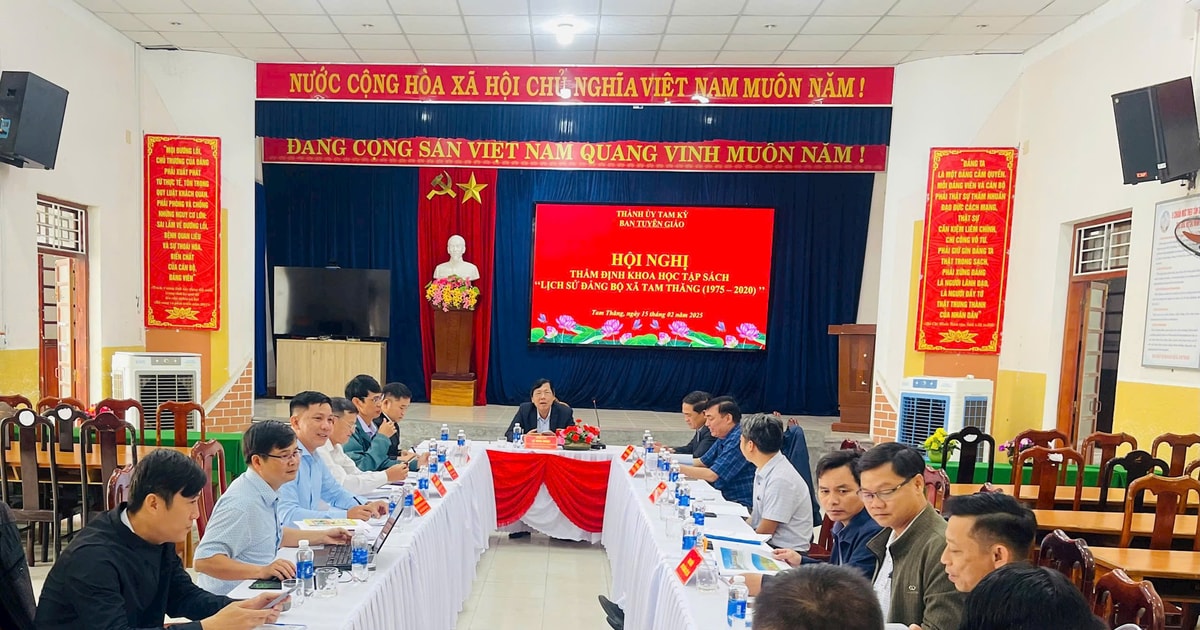
![Charming Vietnam [ Cat Tien National Park ]](https://vstatic.vietnam.vn/vietnam/resource/IMAGE/2025/2/12/c05c34322e4f4cac874e7f971dfaddca)
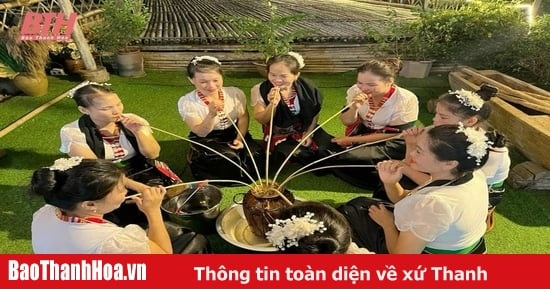

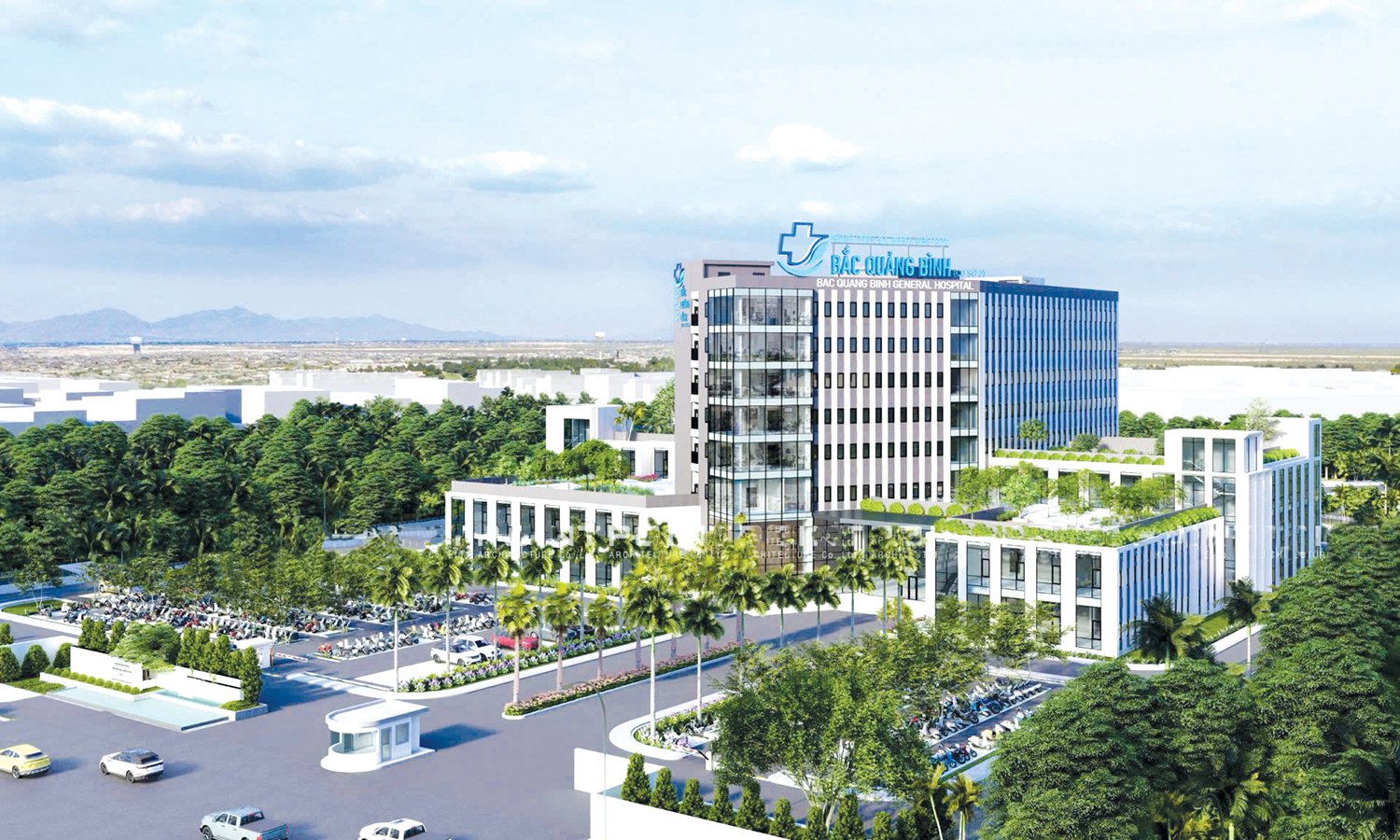
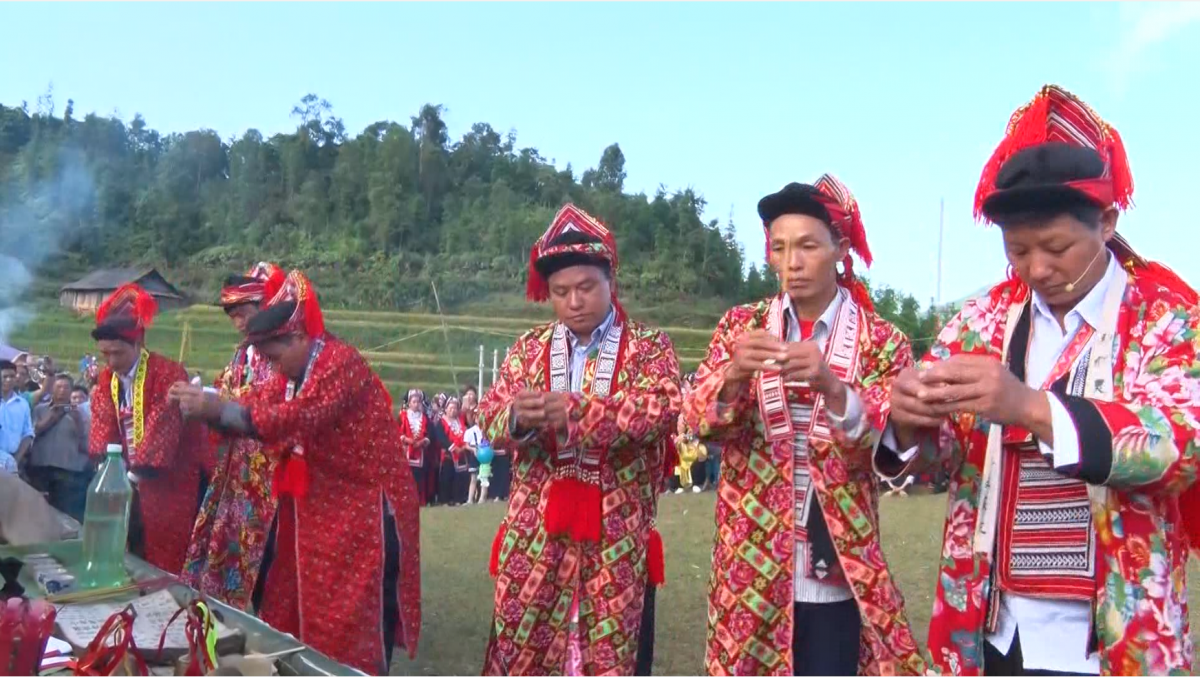
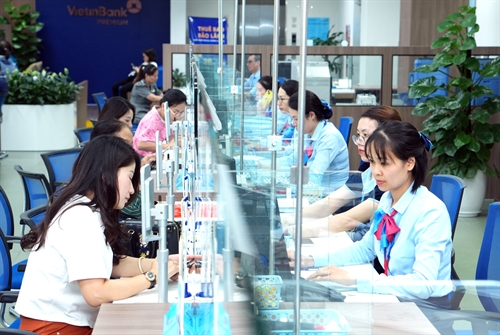














Comment (0)